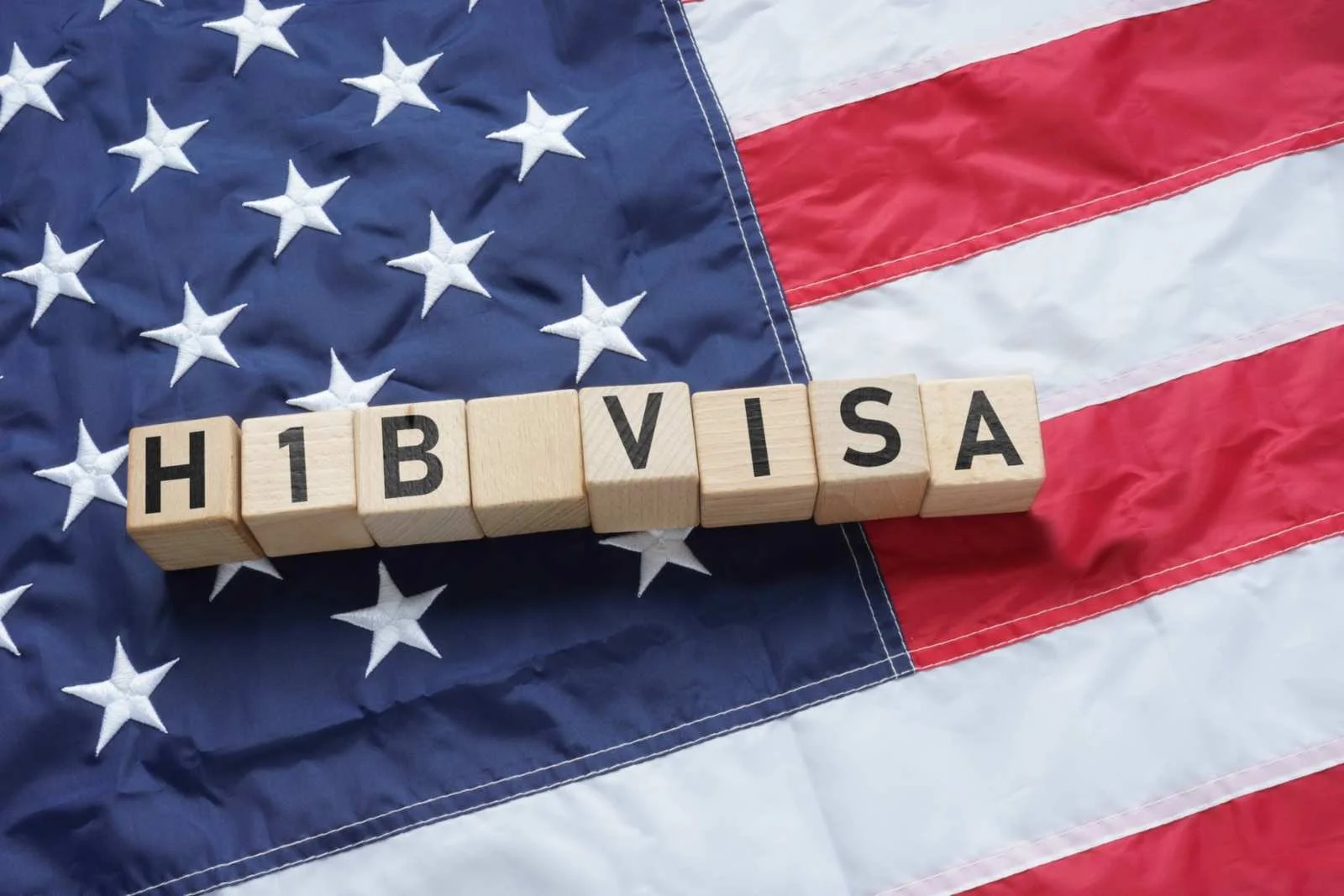Blog
USCIS Policies
DeAnn Meador
USCIS Policies
DeAnn Meador
How Can I Verify What is My Immigration Status?
USCIS Policies
DeAnn Meador
USCIS Policies
DeAnn Meador
Who Can You Sponsor as a US Citizen or Permanent Resident?


Green Card,
Visa Bulletin
Nicole Abramowitz Weber
Green Card,
Visa Bulletin
Nicole Abramowitz Weber
Can you apply for a green card this month? Check the May Visa Bulletin!

Green Card,
Citizenship
Nicole Abramowitz Weber
Green Card,
Citizenship
Nicole Abramowitz Weber
Military Parole-in-Place as a Path to a Green Card: What You Need to Know
Similar Posts
Featured







